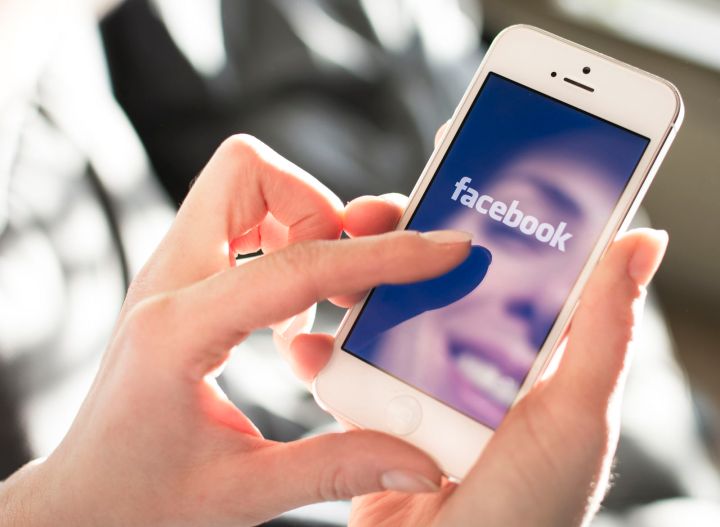
With the change, hovering over a link will show articles related to the story — often including articles from fact checkers like Scopes, or alternative views to a similar subject. With Related Articles popping up before the click, the idea is that articles deemed fake will get fewer clicks when similar stories suggest the article is false.
The feature could potentially prevent users from sharing the article based on the headline alone before actually reading it, if the Related Articles suggest the link is false. The selection of articles from multiple sources could also encourage users to make their own decision on controversial topics by displaying more than one perspective on the same topic.
The feature also helps prevent the spread of fake news without giving Facebook the responsibility of determining which news is legitimate, the company told Tech Crunch. The Related Articles are vetted in the same way as the Trending topics, which means posts that have multiple comments suggesting the story is false won’t show up there. A similar ranking system as News Feed articles will determine which articles show up in that Related pop-up.
The pre-click Related Articles are part of Facebook’s ongoing efforts to fight false information, hoaxes, and click bait, prompted in part after the “trending” section promoted false information. The platform’s algorithm for detecting such stories is also improving, the company says, resulting in more links being sent for human verification.
In addition to the new Related Articles popping up before clicking on that link, Facebook also allows users to flag potential fake news with a disputed news tag that lets users know the story is questionable. Links that have been verified as false are tagged with that information for users to see, while those stories that are marked as fake show up lower in the news feed.
Operators of Facebook Pages also now have to prove they own the website before modifying the headline and text in the link preview, a feature which some spammers used to make it appear as though a false headline came from a respected source.
The feature is rolling out first to the four countries that Facebook has already been working with for fact checking, including Germany, where Justice Minister Heiko Maas recently called out for prosecution for defamation and malicious gossip spread on social media.
Editors' Recommendations
- Facebook removes fake accounts and pages linked to Roger Stone
- Facebook hires Reuters to fact-check posts, but politicians can still lie in ads
- Snopes says ex-partner Facebook is ‘not committed’ to fighting fake news
- New bill would make it easier for you to get off Facebook once and for all
- We now have scientific proof that quitting Facebook makes you less depressed



